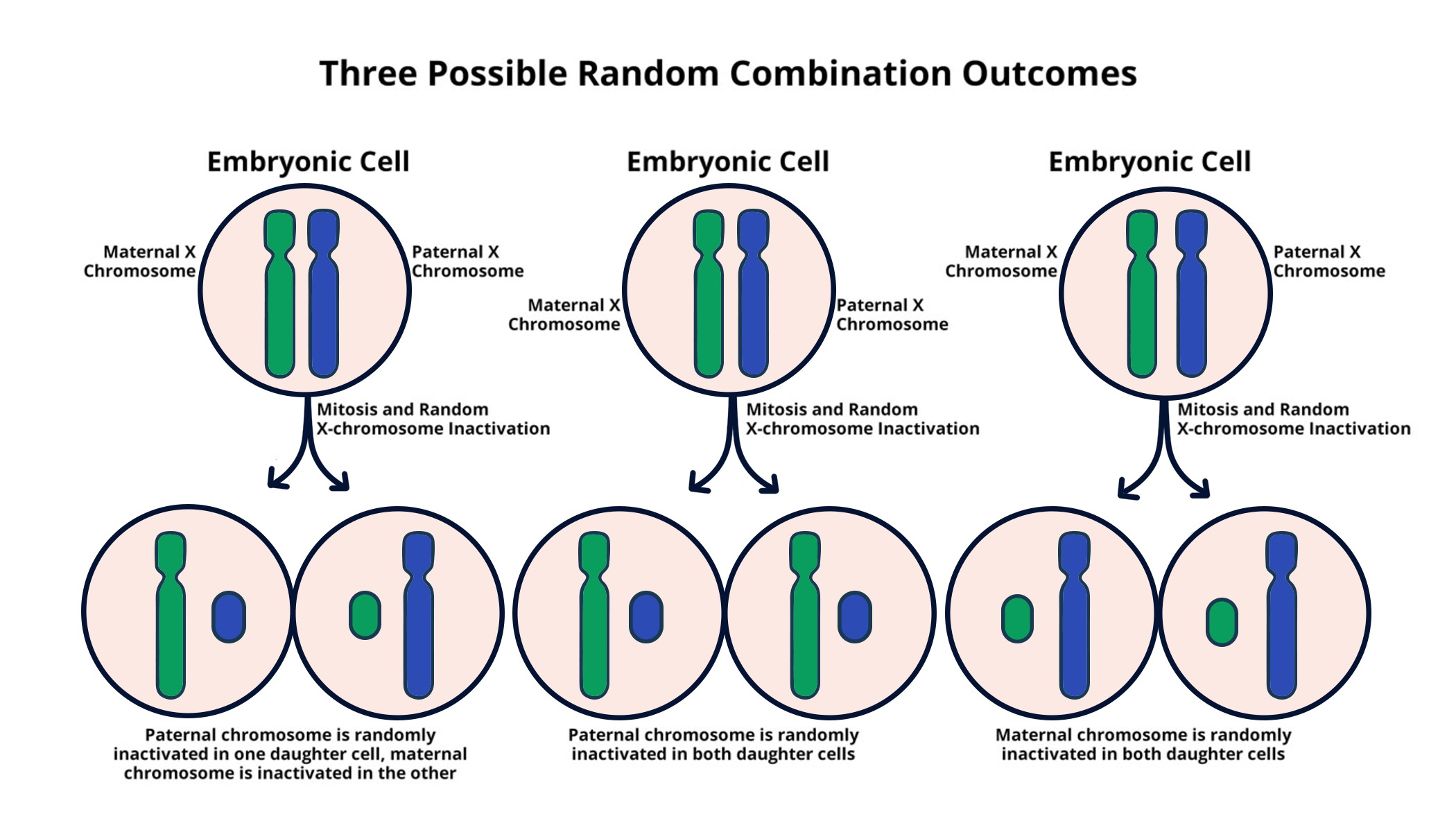Dark energy has emerged as one of the most fascinating yet elusive components of our universe, driving its accelerated expansion and challenging our understanding of fundamental physics.Often equated with the cosmological constant, this mysterious force could be weakening over time, prompting a reassessment of the standard model of cosmology.
Benjamin Franklin Stove: A Revolutionary Invention Explained
The Benjamin Franklin stove stands as one of Benjamin Franklin’s lesser-known yet remarkable inventions, showcasing his ingenuity in the realm of heating technology.Designed during a notoriously brutal winter in the early 18th century, this revolutionary stove aimed not only to provide warmth but also to improve energy efficiency in colonial homes.
Trellis Air Cooling Technology: A Green Revolution
Trellis Air cooling technology represents a significant breakthrough in energy-efficient cooling solutions, addressing the pressing issues of climate change and greenhouse gas emissions.Developed by a Harvard startup, this innovative system employs a unique membrane dehumidification process that operates much like a coffee filter, effectively drying and cooling the air with minimal energy consumption.
Tropical Forest Canopy Height: Climate Change Insights Revealed
Tropical forest canopy height is a vital metric in understanding the health and productivity of these lush ecosystems.As researchers utilize advanced technologies, such as NASA’s Global Ecosystem Dynamics Investigation (GEDI), they reveal the profound impact of climate change on these regions.
Axions: Groundbreaking Research on Dark Matter Detection
Axions are elusive theoretical particles that scientists believe could unlock the vast mysteries of dark matter, a substance that makes up approximately 85% of the universe’s mass.These fundamental particles, if confirmed, could revolutionize our understanding of the cosmos and offer profound insights into particle physics.
X-Chromosome Inactivation: Breakthroughs in Genetic Disorders
X-chromosome inactivation is a fascinating biological process that plays a crucial role in ensuring balance between male and female genetic expression.In females, who possess two X chromosomes, one of these is inactivated to prevent a doubling of X-linked gene dosage, a phenomenon that can lead to significant genetic disorders such as Fragile X Syndrome and Rett Syndrome.
Healthcare Apps Revolutionize Patient Support for Cancer Care
Healthcare apps are revolutionizing the landscape of personal health management, providing tailored support to users whenever and wherever they need it.With a rise in personalized health technology, these applications are now equipped with sophisticated AI algorithms that adapt to users’ changing needs, making medication adherence a less daunting task.
Gary Ruvkun and microRNA: The Nobel Prize Journey
Gary Ruvkun and microRNA have become key figures in the field of genetics, particularly following their groundbreaking discovery in the early 1990s, which eventually led them to win the 2024 Nobel Prize in physiology or medicine.Initially, their work did not garner immediate acclaim, but the significance of microRNA research has grown tremendously, highlighting the pivotal role these tiny molecules play in genetic regulation.
Organ-on-a-Chip Technology: The Impact of Funding Cuts
Organ-on-a-chip technology represents a groundbreaking advancement in biologically inspired engineering, mimicking human organ functions on a microchip to revolutionize research and drug testing.By utilizing this innovative system, researchers at institutions like Harvard University can gain unprecedented insights into human biology without the need for traditional animal models.
Bonobo Communication: Insights into Animal Language
Bonobo communication is a fascinating area of study that reveals striking similarities to human language.Recent research highlights how these great apes utilize a complex system of vocalizations, indicating a level of social complexity that mirrors our own.





